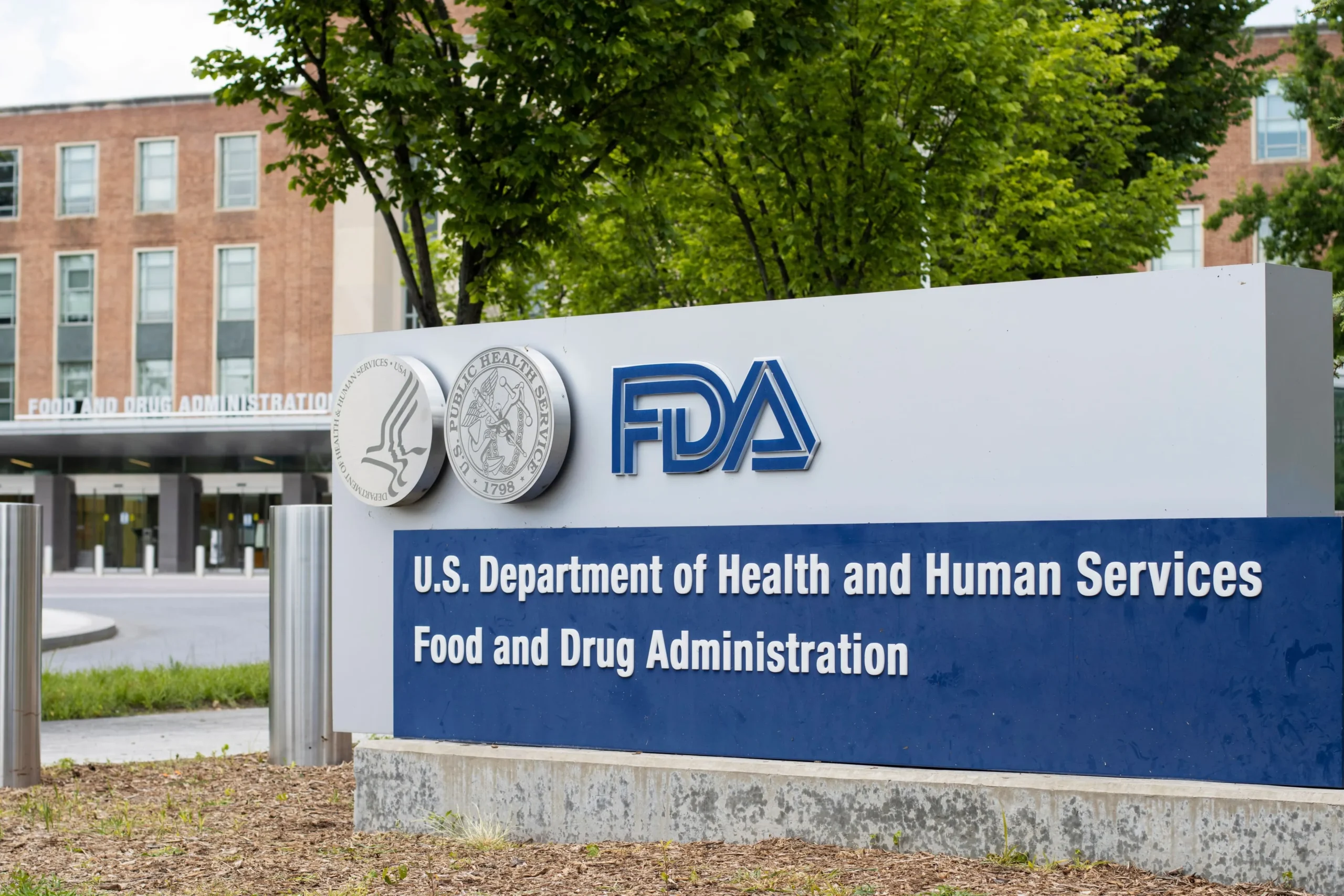FDA’s Game-Changer: New Drug Zepbound Approved for Obstructive Sleep Apnea Treatment!
In a groundbreaking move that promises to revolutionize the treatment of obstructive sleep apnea (OSA), the U.S. Food and Drug Administration (FDA) has approved Zepbound (tirzepatide) as the first medication specifically designed to address this challenging health condition. This landmark decision marks a significant milestone in medical treatment, offering hope to millions of Americans struggling with sleep-related breathing disorders.
A New Horizon in Sleep Apnea Treatment
The FDA’s approval on December 20, 2024, introduces Zepbound as a potentially transformative solution for adults with moderate to severe obstructive sleep apnea, particularly those dealing with obesity. With approximately 39 million adults in the United States affected by OSA, this breakthrough could not have come at a more critical time.
How Zepbound Works
At the core of Zepbound’s effectiveness is its unique mechanism of action. The medication:
1. Activates receptors for glucagon-like peptide-1 (GLP-1)
2. Stimulates glucose-dependent insulinotropic polypeptide (GIP)
3. Helps reduce appetite and promote weight loss
“This is more than just a weight loss drug. It’s a comprehensive approach to managing a complex health condition,” said Dr. Emily Rodriguez, a leading sleep medicine specialist.
Remarkable Clinical Results
Clinical trials have demonstrated extraordinary outcomes. Participants using Zepbound experienced:
– An average weight loss of approximately 20%
– A significant reduction of 25 breathing interruptions per hour
– Improved overall sleep quality and health markers
Breaking Down the Numbers
After one year of treatment, the results were nothing short of remarkable:
– 42% of adults on Zepbound experienced OSA symptom remission
– 50% of patients using the drug alongside positive airway pressure (PAP) therapy saw reduced symptoms
Beyond Just Treatment: A Holistic Approach
The FDA emphasizes that Zepbound is not a standalone solution. It is intended to be used in conjunction with:
– A reduced-calorie diet
– Increased physical activity
– Comprehensive lifestyle modifications
Addressing Serious Health Risks
Untreated OSA can lead to severe health complications, including:
1. Diabetes
2. Heart arrhythmias
3. Heart failure
4. Stroke
5. Cognitive impairments
Patient Considerations and Side Effects
While promising, patients should be aware of potential side effects:
– Common side effects:
– Nausea
– Diarrhea
– Abdominal pain
Warnings exist for potential thyroid tumors and pancreatitis, underlining the importance of close medical supervision.
Insurance and Accessibility
The expanded approval may encourage insurance companies to provide coverage, potentially making this treatment more accessible to those who need it most.
A New Chapter in Sleep Medicine
Dr. Michael Chen, a prominent sleep researcher, noted, “Zepbound represents more than just a new medication. It’s a paradigm shift in how we understand and treat obstructive sleep apnea.”
Looking to the Future
Ongoing research continues to explore the broader implications of GLP-1 medications, promising even more exciting developments in the field of medical treatment.
Conclusion
The FDA’s approval of Zepbound is a beacon of hope for millions suffering from obstructive sleep apnea. By offering a comprehensive, medically supervised approach to treatment, this breakthrough medication could significantly improve quality of life for countless individuals.
Disclaimer: Always consult with a healthcare professional before starting any new medical treatment.
References available upon request






Leave a Comment